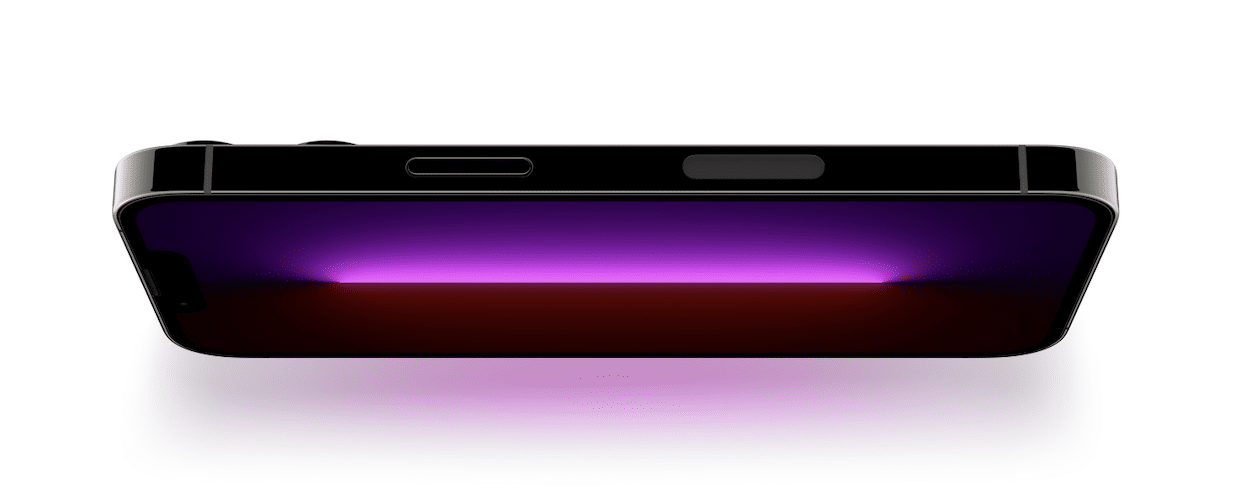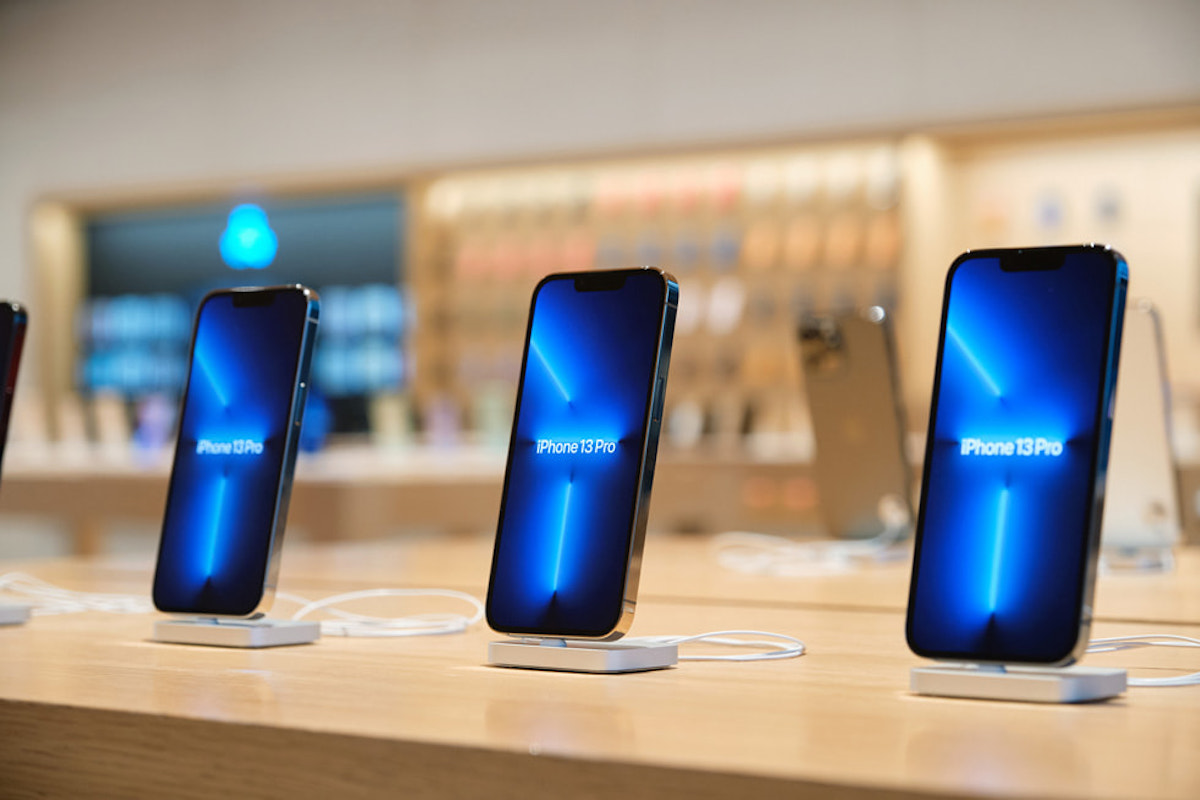BOE Technology Group Company Limited, Apple’s Chinese display partner has landed itself in hot waters. Reportedly, BOE changed the design of iPhone OLED panels by expanding the circuit width of the thin-film transistor without Apple’s approval.
The tech giant ordered BOE to halt production of iPhone OLED panels until further notice and since February of this year, the manufacturer has not had any panels for Apple. A new report by The Elec claims that the situation has gotten worse for the manufacturer because the tech giant has not yet given approval to begin production.

BOE could lose Apple’s business for making unapproved changes to the iPhone OLED panel
In 2020, BOE was awarded the contract to produce OLED panels for iPhone 12 models after passing the tech company’s certification on the third attempt. Since then, it has produced panels for iPhone 13 series, along with Samsung Display and LG Display.
It was also reported that the Chinese manufacturer would produce OLED panels for the upcoming iPhone 14 series which now seems unlikely.
According to the report, BOE “C-level” executive and employees visited Apple’s HQ but were not successful in getting approval to resume panel production. The manufacturer was also not given a clear answer if it will produce 30 million panels for iPhone 14 models.
The Chinese display panel sent a C-level executive and employees to Apple’s headquarters following the incident to explain why they changed the circuit width of the transistors.
They also asked the iPhone maker to approve the production of OLED panels for iPhone 14, but didn’t receive a clear response from Apple, they also said.
Cupertino seems poised to give the order for around 30 million OLED panels it intended to give BOE before the incident to Samsung Display and LG Display instead.

Because of the global chip crisis, the Chinese manufacturer was already facing production problems and had to reduce production volume drastically. And if the tech giant ends its contract with BOE, that is likely to create financial issues for the manufacturer and dampen its expansion plan to increase production by 70% to capture a larger share of Apple’s business in competition with Samsung and LG.